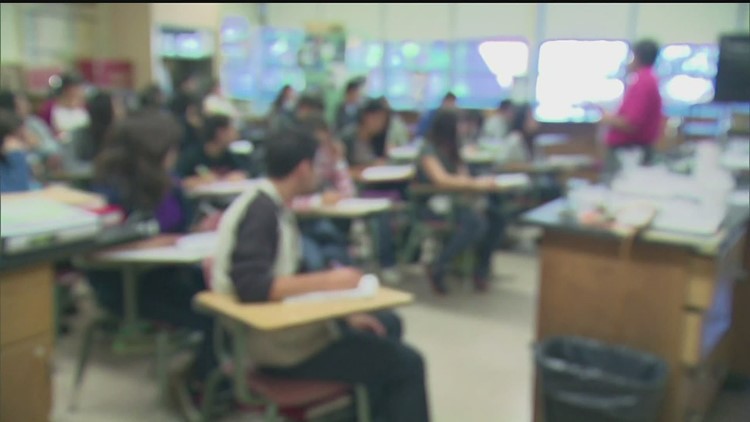HARRISBURG, Pa. — Four Pennsylvania universities said Wednesday they will follow through with tuition increases despite calls from House Republicans to roll back the price hikes.
The lawmakers, including Sen. Doug Mastriano, R-Franklin, the GOP nominee for governor, argue Penn State, University of Pittsburgh, Lincoln and Temple are receiving federal funds and do not need to increase tuition.
The universities did not receive a bump in funding in this year’s state budget. Instead, through one-time federal funds, the universities will split about $30 million on top of budget funding.
“From a long-term planning standpoint, it would not be prudent for us to use it as part of our recurring operations,” said Steve Orbanek, a Temple University spokesman.
Penn State President Neeli Bendapudi said the funds would be put toward student success.
“This infusion of one-time funds, though, will not eliminate the larger financial pressures the institution is facing,” she said.
Mastriano and House Republican leaders sent letters to the universities in recent days.
“In at least two instances, the state flat-funding appropriations over last year was cited as a cause for the tuition increase,” House Republican leadership said in a statement Wednesday. “Given the recent news about receiving additional funding for the 2022-23 academic year, it would only be prudent to roll back these decisions for all students, but at a minimum, for Pennsylvania residents attending your institutions.”
A Pitt spokesperson said their share will be earmarked for student financial aid and outreach.
Lincoln University President Brenda Allen said in a statement the increase only applies to new students. Lincoln declined to comment on how it will allocate the additional funds.
At Penn State, in-state undergraduate students will see tuition increase by 5% at the University Park campus and 2% at the Commonwealth Campuses. Non-residents will see a 6% tuition increase at University Park and a 3% increase at the Commonwealth Campuses. A 5% increase will be instituted for Penn State World Campus undergraduates.
Most in-state students paying full tuition at Pitts' campus will see their tuition rate rise by 3.5%. Regional campus tuition rates will rise by 2%.
Temple students will see a 3.9% increase for 2022–2023 undergraduate and graduate base tuition for both in-state and out-of-state students.
Lincoln’s tuition will increased by less than 1% for the incoming class, according to figures on its website. A university spokesperson didn’t immediately confirm the increase amount.
The four schools, referred to officially as “state-related universities,” are not owned by the state, but receive government subsidies. Together, they received $597 million from the state government in this year’s budget.
Tuition increases are just the latest dispute between the universities and state lawmakers. In June, House Republicans doubled down on not sending funding to Pitt over its use of fetal tissue from elective abortions by approving an amendment to the appropriations bill.
The dispute ended quietly in the Legislature when GOP lawmakers backed away from requiring that a university financial officer submit a sworn statement attesting that their school does not use the tissue in order to get state funding.



